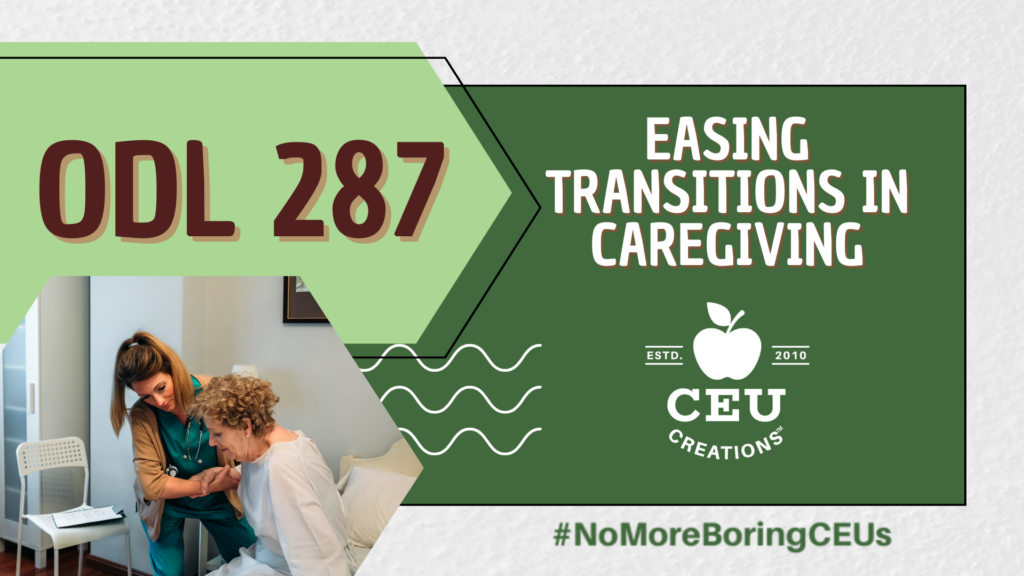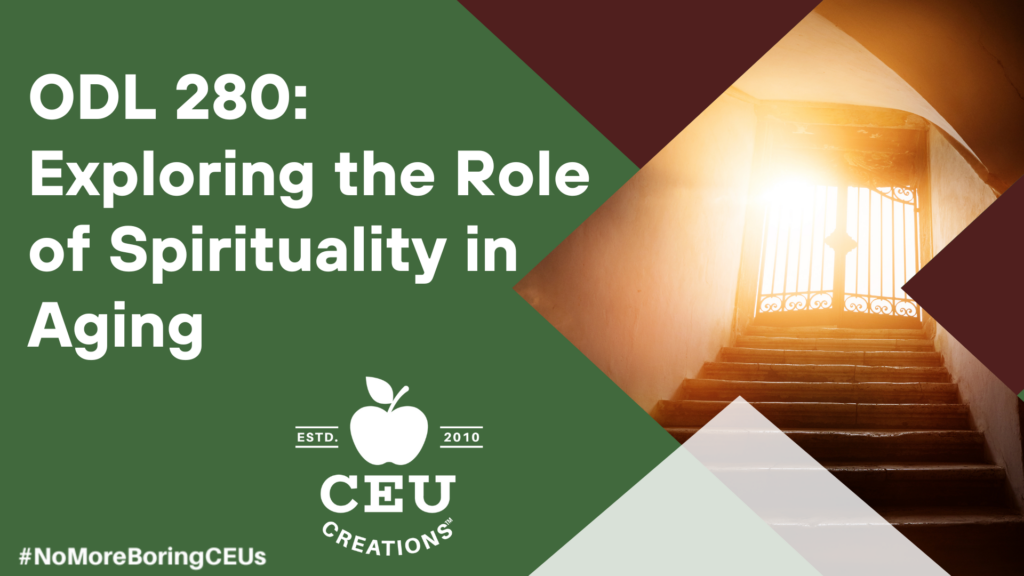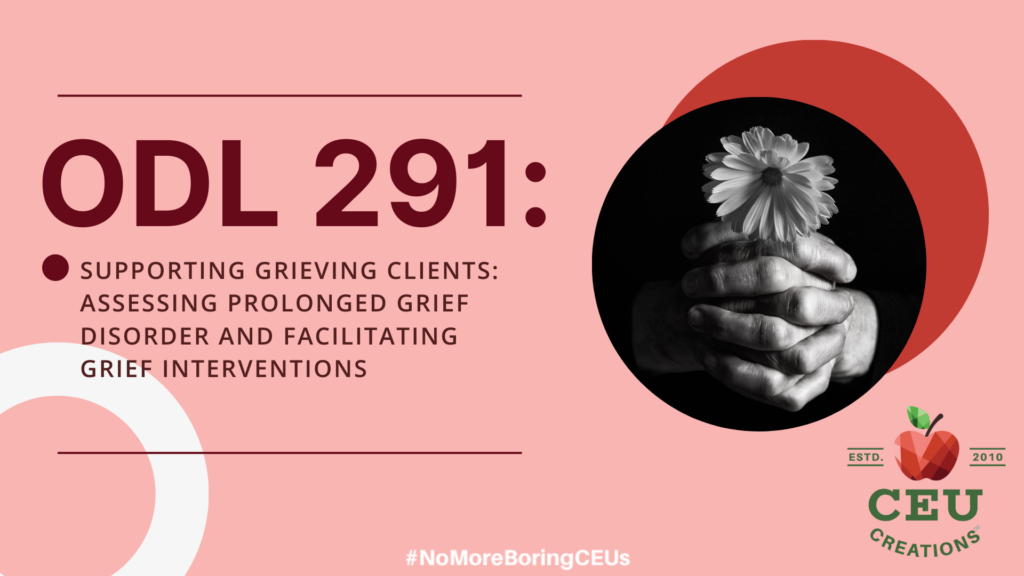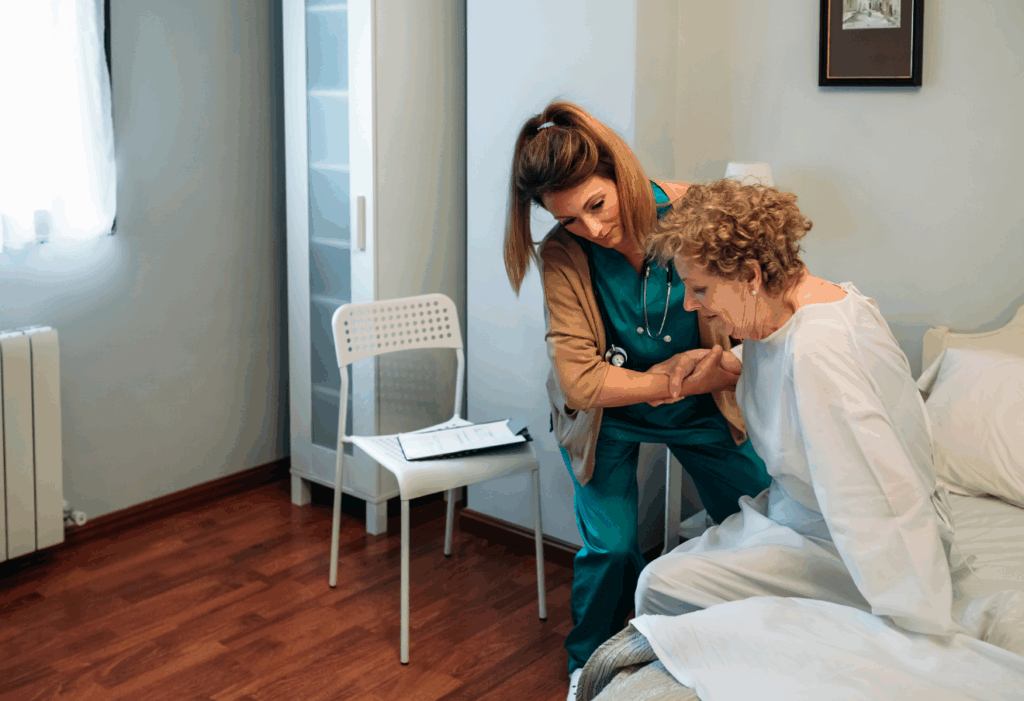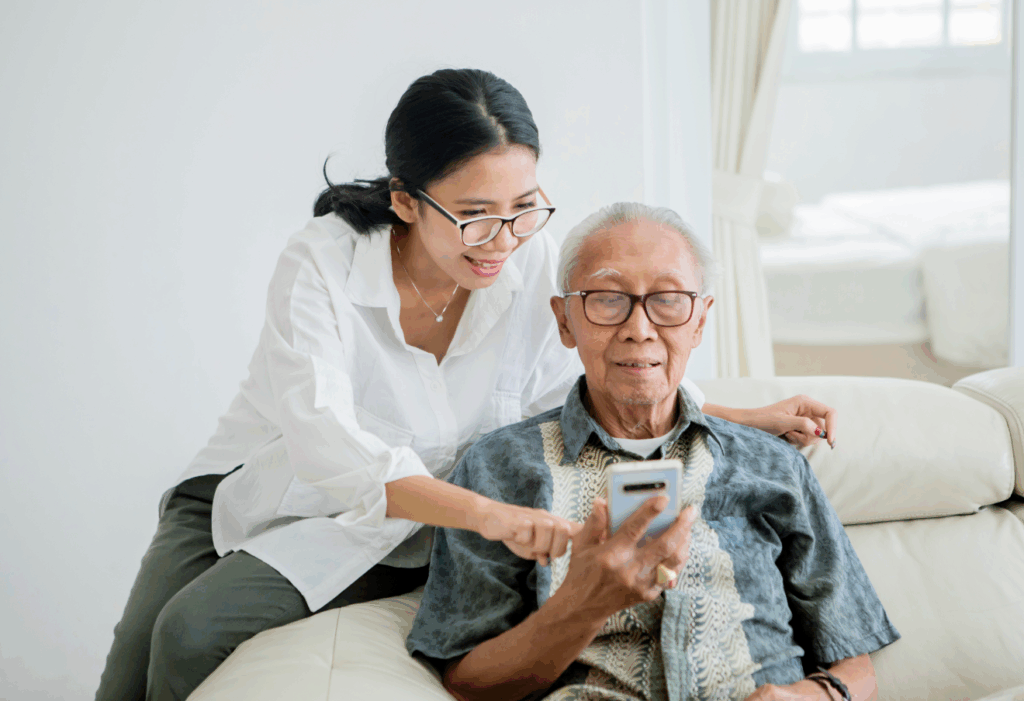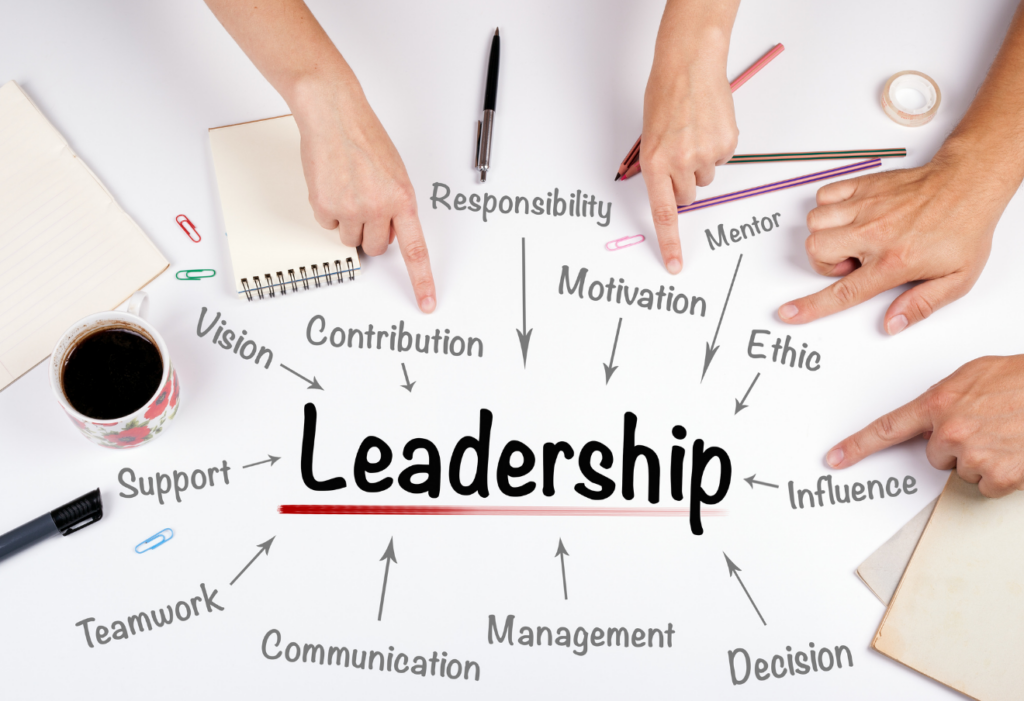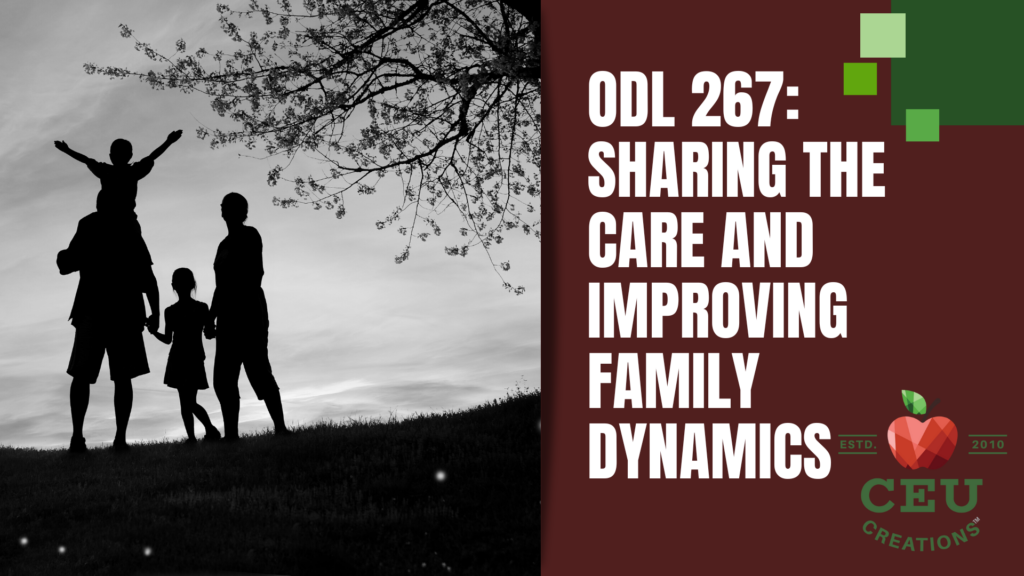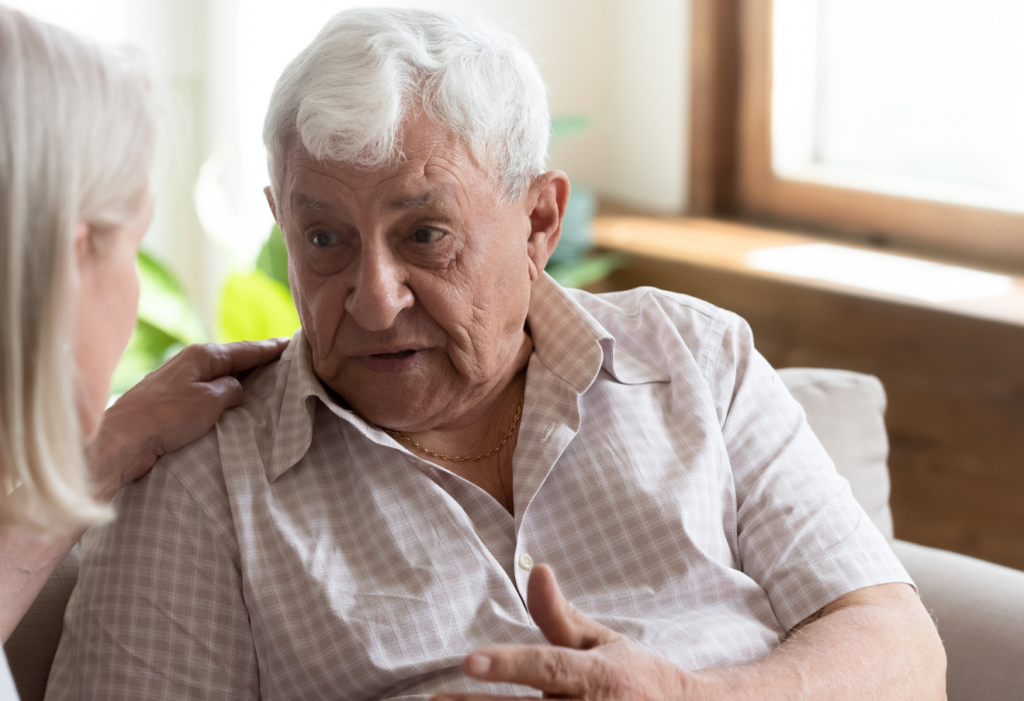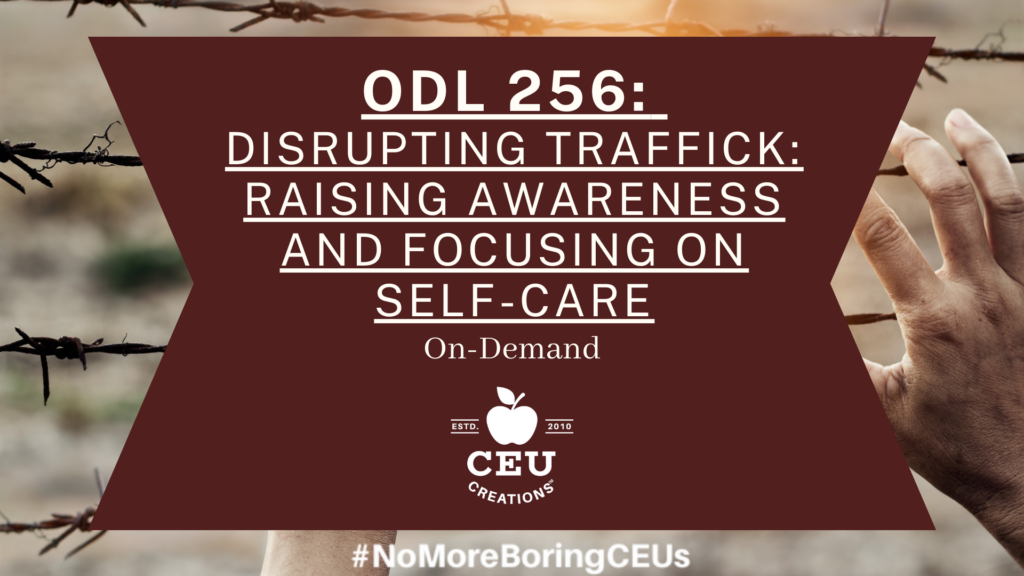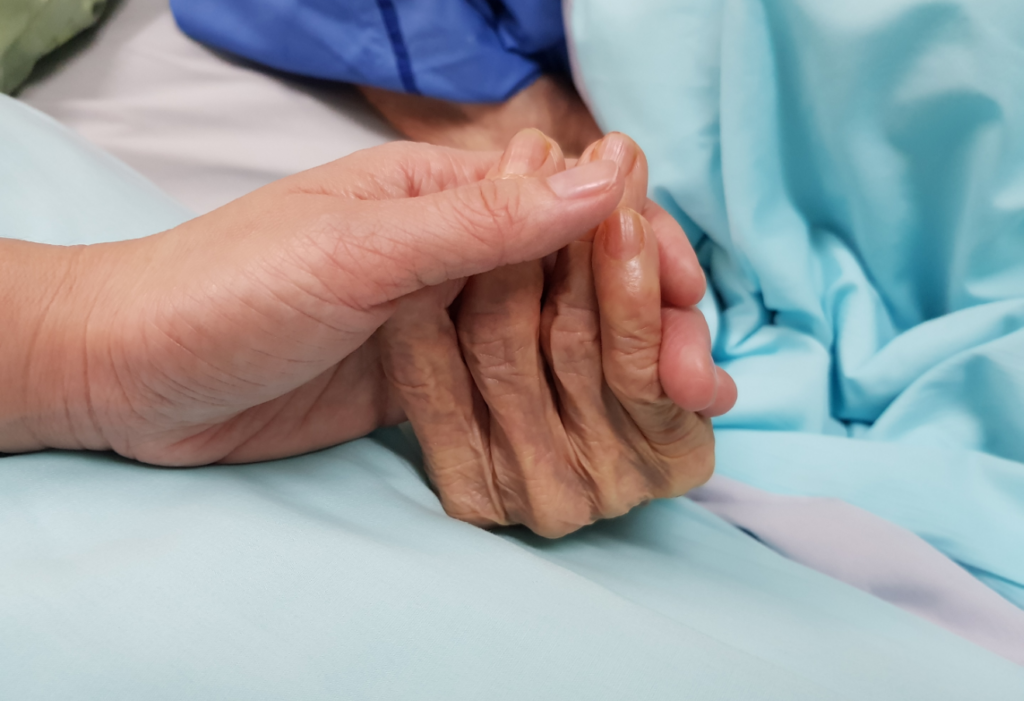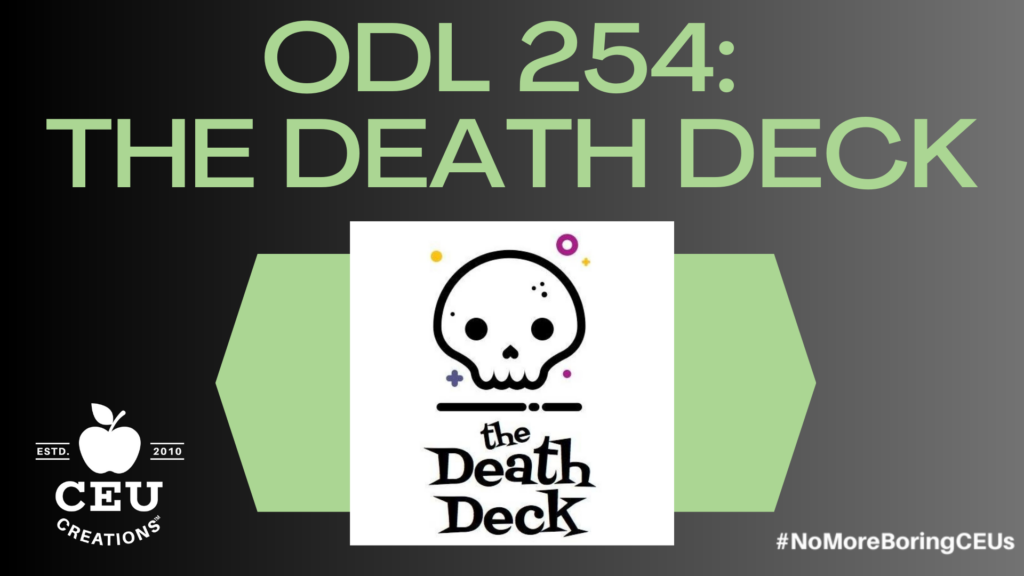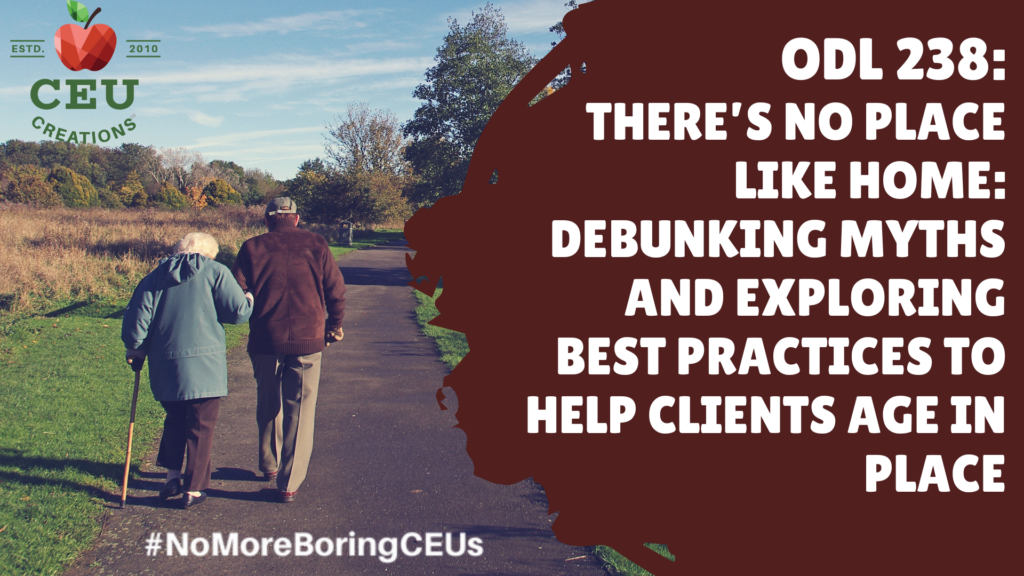
Created on 05/25/2023 Revised on 10/7/2024
Attention New Jersey Social Workers:
This course is approved for all social workers, including New Jersey. The Board Adopted Amendments: N.J.A.C. 13:44G-6.3, 6.4, and 6.7 Content Areas for Continuing Education Credit on April 15, 2024. This updates the Board’s regulation. This amendment states that attendance at programs or courses offered by providers approved by the Association of Social Work Boards (ASWB) are now acceptable sources of CE credit.
At the June 12, 2024 public meeting, the Board voted to allow “any applications submitted, or audits which take place, on or after September 1, 2022” to be able “to submit CE from the sources updated in the new amendment adopted on April 15, 2024.”
For more information please refer to https://www.njconsumeraffairs.gov/sw/Pages/Additional-Information.aspx#CE
Target Audience:
This course is targeted for social workers, case managers, nurses, and counselors.
Overview:
All of the nation’s 74 million baby boomers will be 65 and older by the year 2030. Combining this rapidly growing population with the COVID-19 pandemic, many people are choosing to stay in their own homes or plan to stay in their homes as they reach their golden years. Triff Cook, MBA, CMC, Director of Client Services, Aging Life Care Expert, and Active Member of ALCA National Organization since 2009, will walk participants through best practices of helping our clients plan for aging in their own home. This training will debunk all the myths and provide many tried and true resources that helping professionals can use to assess the needs of their aging clients in the home. Triff will bring her years of experience and discuss topics such as the home environment, managing expectations, hoarding, occupational therapy services, technology, and much more!
Course Objectives:
By the end of the session – the participant will be able to:
- Recognize the impact of COVID-19 and aging in the home
- Give examples of myths and misconceptions regarding long-term care insurance
- Identify the services that an occupational therapist can help with aging in place
- List different types of technology that would be beneficial to clients and caregivers
Presenter:
Triff Cook, MBA, CMC
Triff Cook has over 13 years of experience working with the senior population in the home care arena. She is a certified case manager, Aging Life Care Expert, and has been an active member of the ALCA national organization since 2009.
A seasoned researcher and speaker on many aging issues, she has authored and presented numerous Continuing Education Units in area hospitals. She has been a speaker at the ALCA Annual Conference in 2015, the Georgia Gerontology Association Annual Meeting in 2014, and the National Association Social Workers Southeastern Conference 2013, 2014, and 2015. In addition, she has presented at numerous CEU Creations presentations at various hospitals including Emory, Piedmont, and many others in the Atlanta area.
With this unique topic of Ageism – Triff has “hands-on” experience with this topic as she has both dealt with this personally AND watched many of her clients/families struggle with this. Through her real-life experience and additional research on the topic – she brings both worlds together and is a wealth of information on this topic.
1 CREDIT HOUR APPROVED FOR:
Social Workers
ASWB ACE – 1 CE Credit
New York State Education Department’s State Board for Social Work – 1 Contact Hour
Case Managers
CCMC – 1 Contact Hour
Nurses
California Board of Registered Nursing – 1 Contact Hour
Counselors
NBCC ACEP – 1 Contact Hour
New York State Education Department’s State Board for Mental Health Practitioners – 1 Contact Hour
Please make sure to check with your own state board to ensure the transferability of CE credit for an asynchronous course. Some state boards may place restrictions regarding the modality of training required for ethics credits to be awarded. If this training indicates ethics credits are available, please verify that your state allows them to be earned through an on-demand course format.









